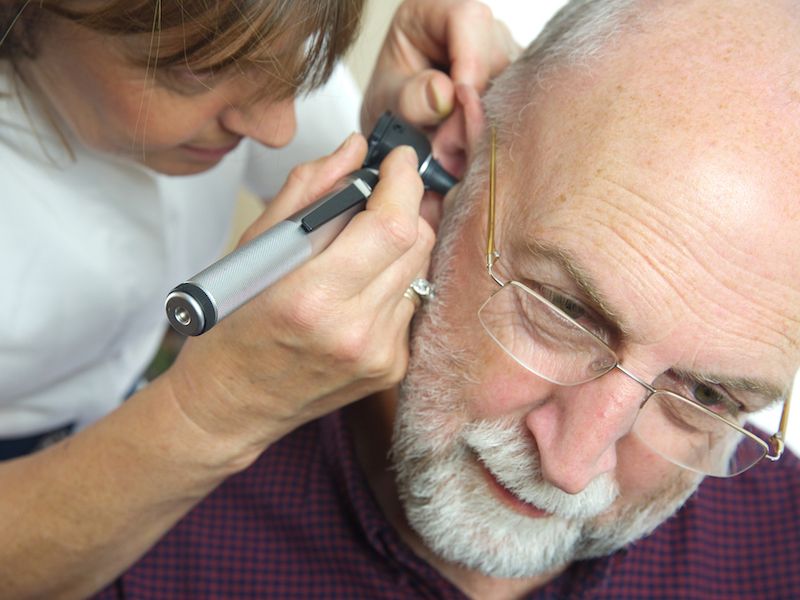
You still go to the eye doctor every year if you own glasses, right? Because, with time, your eyes can change. Your eyes and everything else in your body are dynamic not static including your ears. That’s why, just as it is with your eyes, it’s necessary to keep having your ears tested even after you’ve invested in a nice pair of hearing aids.
Unfortunately, many people miss those regular checkups. It’s possible they’ve been consumed with making the most of their lives to get back in to see their hearing specialist. Or maybe lately, work has been difficult. Or maybe you’ve just been so happy with your hearing aids that you haven’t needed to get another appointment. That seems like it should be a positive thing, right?
In the long run, for individuals suffering from hearing loss, it is even more important to have even one follow-up appointment. However, a great number of people ignore regular treatment. According to one survey, only 33% of seniors with hearing aids also used regular hearing services.
Why Do You Need Check Ups Once You Have Hearing Aids?
Your hearing is dynamic. Over time it changes. It’s important to adjust the hearing aids to counter those changes. Occasional testing helps monitor any variations in hearing and catch concerns early.
And that’s not even the only reason why it may be a good idea to keep normal appointments with a hearing professional once you start wearing your hearing aids. Here are various reasons why you need to show up for your hearing exams:
- Deterioration of hearing: Even if you use a hearing aid, your hearing could continue to deteriorate. If this deterioration is slow enough, you most likely won’t realize it’s taking place without the help of a hearing test. Hearing decline can often be slowed with appropriate alterations to your hearing aids.
- Calibrating Hearing Aids: There may be need for annual calibration of your hearing aids because of minute changes in your hearing despite the consistency of your general hearing. Without this calibration, your hearing aids might slowly become less reliable.
It’s important to get your hearing aids cleaned professionally now and again in addition to monitoring changes in your hearing. We can clean all the small components and keep your hearing in top notch conditions and as well as making sure it’s functioning at peak performance.
If You Don’t Follow up With Routine Check Ups There is a Consequence
If you get frustrated with your hearing aids, say because they don’t work the way you thought they would, you may simply stop wearing them and that wouldn’t be good. Wearing hearing aids helps you hear better, without a doubt, but it also impacts your general health. You may not recognize it right away, but your hearing may deteriorate faster if you stop wearing your hearing aids. Increased concern of hearing problems, as well as cognitive decline, have been connected to hearing loss.
If you really want your hearing aids to keep working at the most effective level, normal exams are going to be your best choice with regards to achieving that. So that you can make sure your hearing aids are working as they should be you should have yearly hearing assessments. So call now for an appointment.
